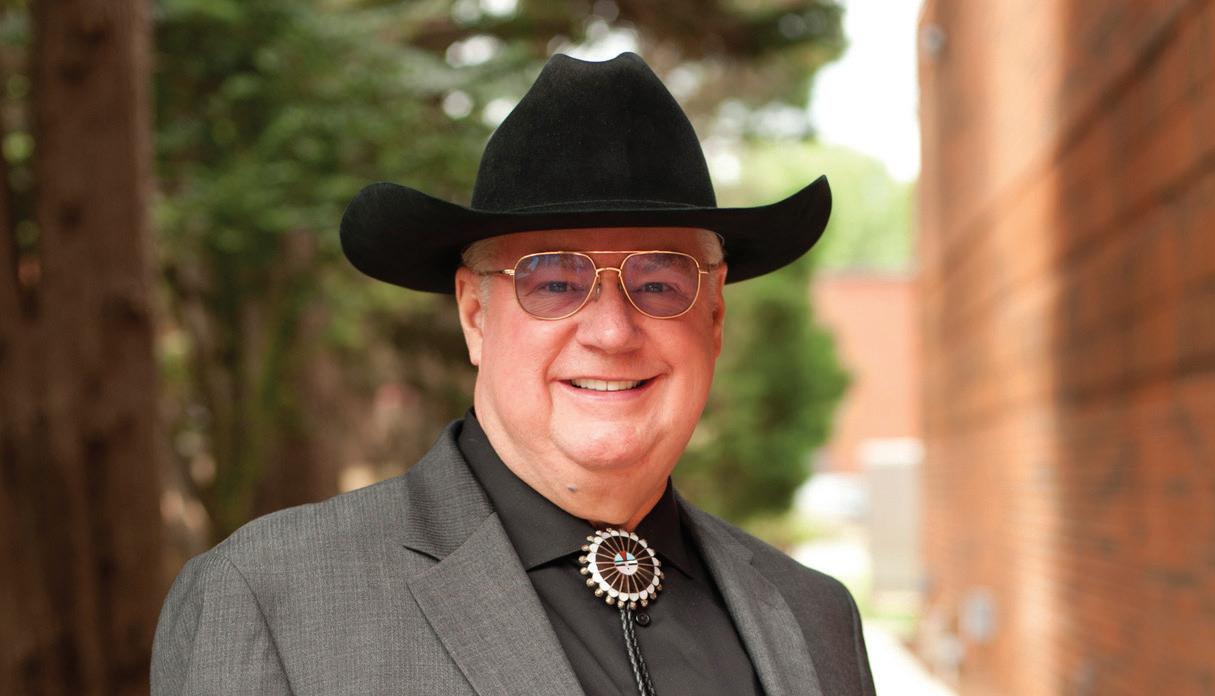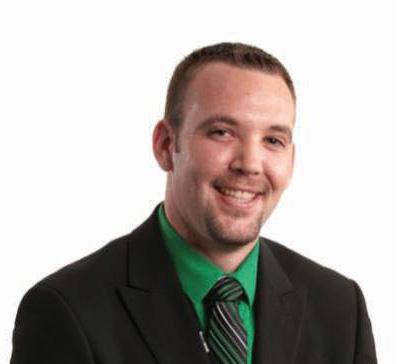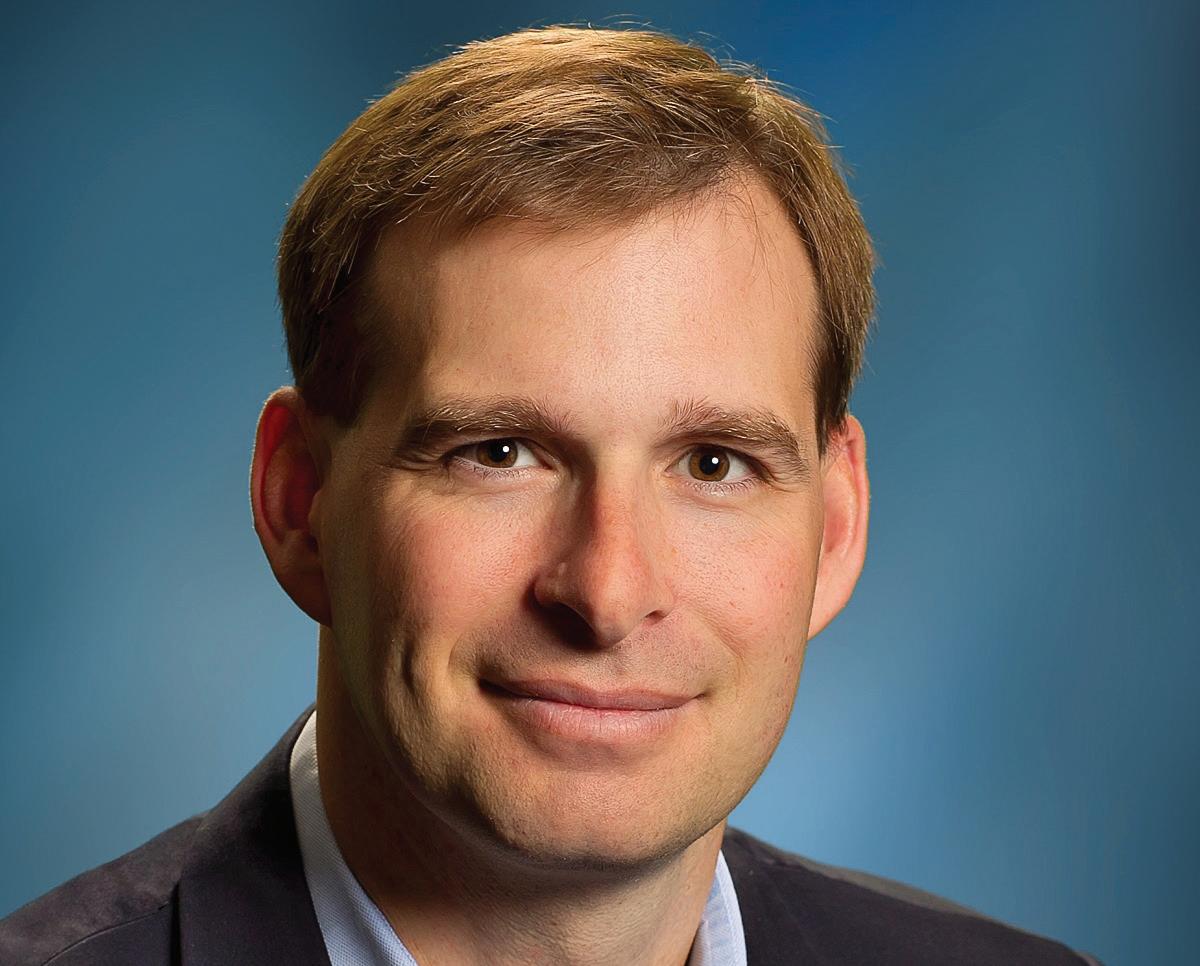
3 minute read
SETTING THE PACE
By launching a diversity and inclusion initiative to help minority-owned businesses, Pace-O-Matic helps customers recover from pandemic shutdowns. Michael Bartlett finds out more from CEO Michael Pace.
The coronavirus pandemic has not only killed millions around the globe, related shutdowns instituted by health authorities have dramatically affected businesses of all shapes and sizes, and Pace-O-Matic is doing all it can to help its customers.
Pace-O-Matic is a Georgia-based developer and producer of legally compliant, coin-operated skill games. These games have been placed in bars, restaurants, fraternal clubs, veterans’ organizations and numerous types of small businesses over the past 20 years.
Michael Pace, founder of the company, said these games do more than provide entertainment; they are an important resource of revenue for small businesses in the markets they serve.
“We hear from owners of bars and restaurants, convenience stores and other small businesses that without the revenue generated from our skill games, they would have shut their doors for good,” Pace said. “The COVID-19 pandemic, combined with state and local restrictions, has impacted and harmed these businesses and organizations more than most.
“Never in our two decades of existence has our vision for ourselves and our customers been more important than it is now as we work through this ongoing pandemic,” he added.
One operator told Pace that his customers, bar and restaurant owners or those who run social clubs, have described Pace-O-Matic skill games as a “lifeline during these hard times,” helping them stay open while they face revenue gaps from the months they were closed and when customer numbers were limited. They know they will continue to need revenue from skill games because “business as usual” will not return for a long time.
DONATIONS TO FOOD BANKS
Thousands of businesses have closed across the country because of COVID, leaving countless people without jobs. Pace-O-Matic is doing what it can to help those who are struggling, including tackling food insecurity by making donations to food banks and handing out meals in states in which the company has a large presence.
In Pennsylvania, the company made a donation that provided the equivalent of 750,000 meals. At one hard-hit community in the Keystone State, it handed out hundreds of turkeys before the holidays, Pace reported.
“From 2019 to 2020, we contributed $3.5m to local nonprofits, charities and specific families in need,” Pace said.
Other examples of giving include Wyoming, where the company delivered a custom, handicap-accessible van to a family with a child with disabilities after their van was stolen, and it financially supported first responders to the Mullen Fires. In Virginia, company representatives distributed more than 3,500 meals to those struggling from COVID and focused on needs of homeless youth.
“I believe it is important to give back,” Pace said. “Family is the fabric of Pace-O-Matic and an inclusive environment within and outside our company is paramount.”
DIVERSITY AND INCLUSION INITIATIVE
In early 2020, Pace-O-Matic launched a diversity and inclusion initiative. Pace said the goal is to encourage, support and provide assistance to underserved communities – specifically, minorityowned businesses so they can grow and flourish.
“Minority-owned businesses have suffered disproportionately in a crisis that is killing non-white Americans at higher rates and eliminating more of their jobs,” Pace said. “Diverse businesses have been disproportionately impacted by the pandemic.”
For example, Pace noted the number of working Black entrepreneurs in the US plunged by 40% as the coronavirus shut down large parts of the economy.
“COVID-19 has exacerbated financial issues for minorities. Our goal is to increase the number of minority-owned businesses operating skill games by 50% this year,” Pace said.
As states struggle to balance their budgets, Pace said he hopes elected officials know they can count on skill-game tax money to fill the gaps.










